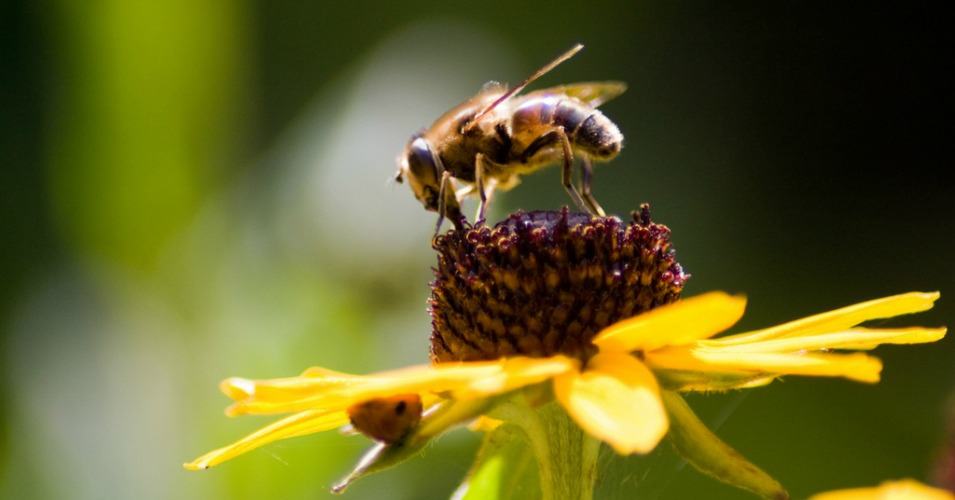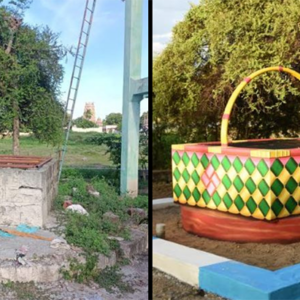
Though neonicotinoids are used in a number of common insecticides around the world, they probably shouldn’t be as evidence suggests they are responsible for the conundrum known as colony collapse disorder. If bees die off, humans and the rest of the ecosystem will be in trouble (learn more here).
The belief that neonicotinoids are responsible for massive bee die-offs isn’t just speculation, either. According to research published in Nature Communications, the chemicals are leading to long-term population changes in wild bees. Additional research determined that wild foraging bees were three times more likely to be negatively affected by exposure to the chemicals than non-crop foragers. As Mercola points out, about 50% of the total decline in wild bees has been attributed to man-made chemical concoctions.
If neonicotinoids aren’t phased out, supermarkets in the future may only sell one-third of the fresh fruit and vegetables consumers can presently find. No one wants that, which is why the UK retailer B&Q’s future plant range (beginning in February 2018) will be completely neonicotinoid-free.
According to Horticulture Week, B&Q’s bedding plants, grown by Coletta & Tyson and Roundstone, are already neonicotinoid-free. The retailer is the first in the UK, however, to introduce a total ban on the neonics. B&Q is estimated to sell approximately one million lavender plants each year. Because neonicotinoids imidacloprid, thiacloprid and clothianidin have been linked with bee decline they have already been banned in the EU for consumer use.
Commenting on the exciting develompent, horticulturist Tim Clapp said:
“Neonicotinoids are fundamentally not good so we have worked in conjunction with our growers to come up with a plan. We weren’t large users anyway and now we have made a strong statement we won’t use neonicotinoids at all. It’s really important we show leadership on sustainability.”
Clapp stated that the issue was on hardy nurses stock rather than bedding and that growers were using biocontrol instead of neonicotinoids to control vine weevil.
In addition to announcing the total ban, B&Q shared a report last week detailing how to make gardens more wildlife friendly. Evidence was also provided as to why banning neonicotinoids is a good idea.
B&Q’s decision comes approximately two years after Lowe’s Home Improvement announced that it would eliminate neonicotinoid pesticides from its stores. What are your thoughts? Please comment below and share this news!


